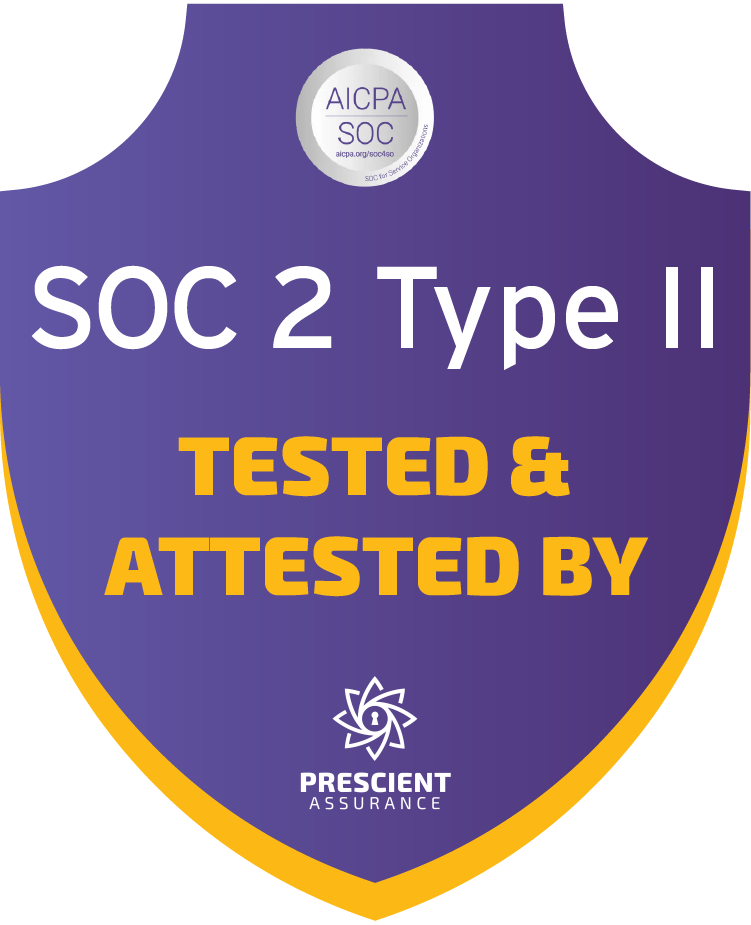Ethical AI
Ethical AI is the responsible design and use of artificial intelligence that prioritizes human values, fairness, and social good. It emphasizes key principles like:
- Fairness: Avoiding discrimination and bias.
- Transparency: Making decisions explainable.
- Accountability: Taking responsibility for AI’s outcomes.
- Privacy: Respecting user data and confidentiality.
Ethical AI also involves ongoing monitoring to catch unintended harm and includes diverse perspectives to avoid marginalization. Organizations that prioritize ethics balance innovation with responsibility by being transparent, engaging stakeholders, and complying with laws. Learn more about why cutting corners on AI ethics can result in long-term business risks here.
Ultimately, ethical AI builds trust and ensures that AI benefits society safely, fairly, and sustainably.
Frequently Asked Questions about Ethical AI
1. What does “Ethical AI” actually mean in practice?
Ethical AI means designing and using AI in ways that prioritize human values, fairness, and social good. It centers on fairness, transparency, accountability, and privacy throughout the AI lifecycle.
2. Which principles are essential for building Ethical AI systems?
Four core principles guide Ethical AI: fairness (avoid discrimination and bias), transparency (make decisions explainable), accountability (take responsibility for outcomes), and privacy (respect user data and confidentiality).
3. How do organizations put Ethical AI into action day-to-day?
They balance innovation with responsibility by being transparent, engaging stakeholders, and complying with laws while continuously monitoring systems to catch unintended harm and including diverse perspectives to avoid marginalization.
4. Why does ongoing monitoring matter for Ethical AI?
Because even well-intentioned systems can cause unintended harm. Regular monitoring helps detect issues early so teams can address them before they impact people.
5. How do diverse perspectives improve Ethical AI?
Including diverse viewpoints reduces the risk of marginalizing people and helps surface biases that might otherwise be missed, supporting fairer, more responsible outcomes.
6. What are the business reasons to prioritize Ethical AI?
Cutting corners on ethics can create long-term risks. Prioritizing Ethical AI builds trust and helps ensure AI benefits society safely, fairly, and sustainably.


Empowering humanity's AI ambitions with instant GPU cloud access.
U.S. Headquarters
GMI Cloud
278 Castro St, Mountain View, CA 94041
Taiwan Office
GMI Computing International Ltd., Taiwan Branch
6F, No. 618, Ruiguang Rd., Neihu District, Taipei City 114726, Taiwan
Singapore Office
GMI Computing International Pte. Ltd.
1 Raffles Place, #21-01, One Raffles Place, Singapore 048616
Sign up for our newsletter
Subscribe to our newsletter



© 2025 All Rights Reserved.

